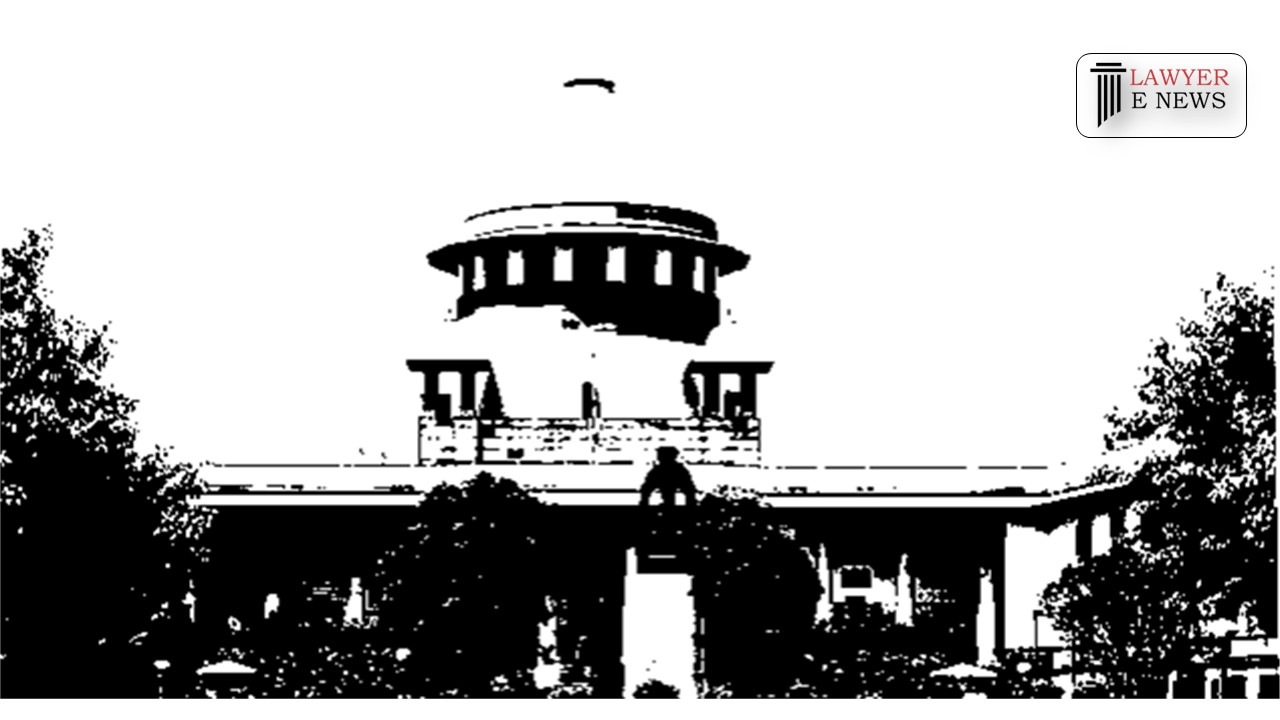-
by Admin
15 February 2026 5:35 AM



On 17 May 2023, Supreme Court of India, in a recent judgment, upheld the punishment imposed in a bid tampering case involving the Indian Oil Corporation and Ajit Kumar Singh. The court emphasized the limited scope of judicial review in disciplinary proceedings, highlighting that its role is to evaluate the decision-making process and ensure fairness rather than reexamine the merits of the decision itself.
In the case of Indian Oil Corporation v. Ajit Kumar Singh, the Supreme Court reinstated the punishment in a bid tampering incident after an appeal was filed against the order of the High Court of Judicature at Patna. The dispute arose from a tender notice issued by the Indian Oil Corporation in 2001 for the repair of surface drain and tank facilities at the Barauni Refinery.
During the bidding process, it was discovered that there had been tampering with the bid documents, resulting in M/s. B.S. Jha, the second-lowest bidder, becoming the lowest bidder. The inquiry revealed that G.S. Mahto, along with B.K. Mishra, had replaced the form of quotation/price bid and destroyed the originals at the request of M/s. B.S. Jha. Further examination of the bids revealed tampering with the bid of another participant, M/s. Laxmi Singh.
Disciplinary proceedings were initiated against Ajit Kumar Singh and K.C. Patel based on the inquiry report. After providing a fair opportunity for hearing, the Disciplinary Authority imposed a major penalty on Ajit Kumar Singh, withholding five annual increments with cumulative effect. K.C. Patel received a punishment of reduction to a lower grade. Ajit Kumar Singh's appeal against the punishment was dismissed, and he subsequently filed a writ petition challenging the disciplinary orders.
The learned Single Judge of the High Court dismissed the writ petition, upholding the punishment inflicted on Ajit Kumar Singh. However, the Division Bench of the High Court, in an intra-court appeal, set aside the punishment, ruling in favor of the respondent. Dissatisfied with this decision, the Indian Oil Corporation approached the Supreme Court by filing an appeal.
The Supreme Court, in its judgment, noted that the Division Bench had exceeded the scope of judicial review. It reiterated that the purpose of judicial review in disciplinary proceedings is to assess the decision-making process and ensure fairness, rather than reassess the merits of the decision itself. The court highlighted that tampering with the bid documents was established, with the respondent's involvement confirmed by his original signature on the changed form of quotation.
Citing earlier judgments, the Supreme Court emphasized the limited grounds for interference in disciplinary proceedings, such as violation of natural justice or the absence of evidence. Finding no such grounds in this case, the court allowed the appeal, setting aside the order of the Division Bench and reinstating the punishment imposed on Ajit Kumar Singh.
The Supreme Court's verdict reaffirms the principles of disciplinary proceedings and underscores the importance of fair hearings and evidence-based conclusions. The judgment serves as a reminder that bid tampering and misconduct will be firmly dealt with, ensuring appropriate consequences for the guilty parties.
The Supreme Court's decision in the Indian Oil Corporation v. Ajit Kumar Singh case reinforces the significance of maintaining fair procedures in disciplinary proceedings and upholding the integrity of bid processes.
Date of Decision: May 17, 2023
The Indian Oil Corporation & Ors. vs Ajit Kumar Singh & Anr.
